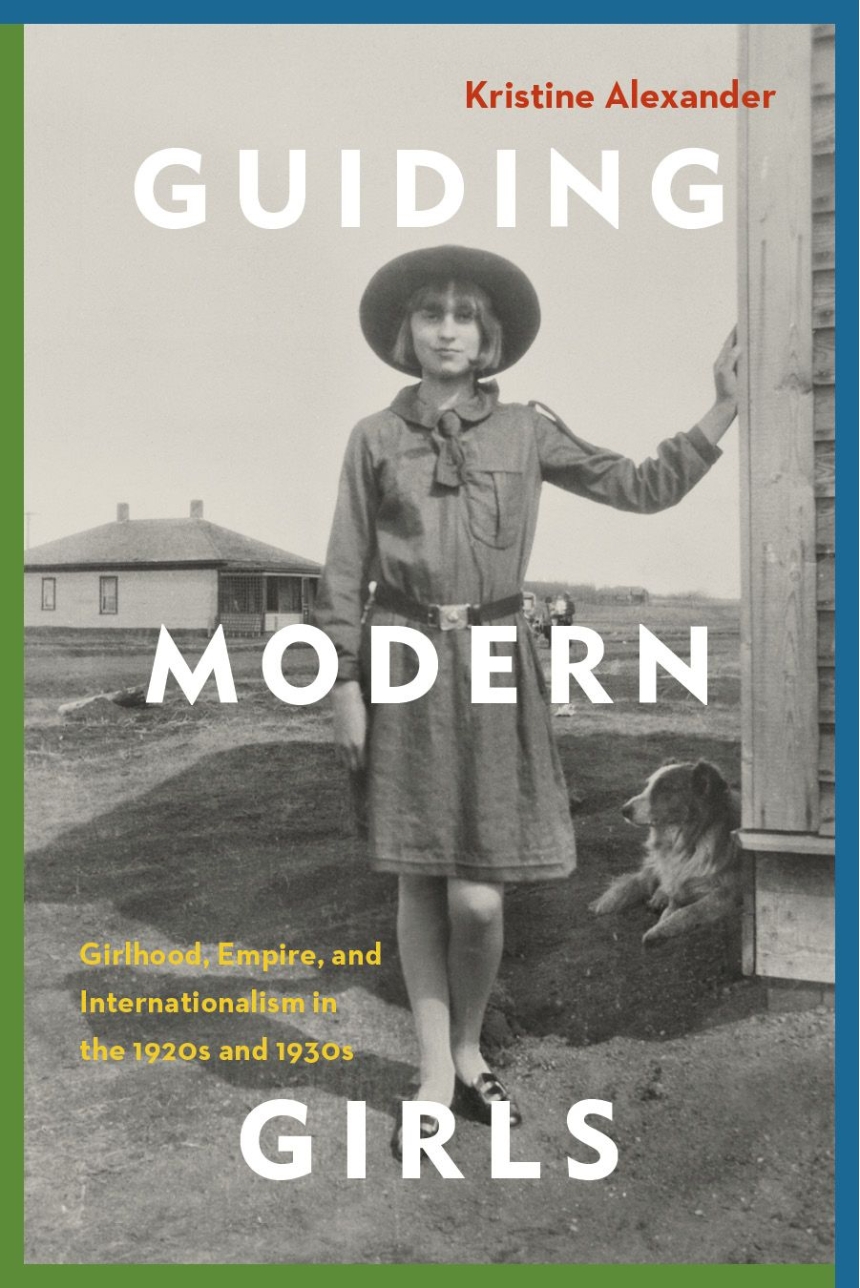University of British Columbia Press
Guiding Modern Girls
Girlhood, Empire, and Internationalism in the 1920s and 1930s
Distributed for University of British Columbia Press
Guiding Modern Girls
Girlhood, Empire, and Internationalism in the 1920s and 1930s
Across the British Empire and the world, the 1920s and 1930s were a time of unprecedented social and cultural change. Girls and young women were at the heart of many of these shifts. Out of this milieu, the Girl Guide movement emerged as a response to modern concerns about gender, race, class, and social instability. In this book, Kristine Alexander analyzes the ways in which Guiding sought to mould young people in England, Canada, and India. It is a fascinating account that connects the histories of girlhood, internationalism, and empire, while asking how girls and young women understood and responded to Guiding’s attempts to lead them toward a “useful” feminine future.
296 pages | © 2017
Table of Contents
Introduction
1 Guiding’s Beginnings: Victorian Antecedents and Early Twentieth-Century Growth
2 Guiding Girls toward the Private Sphere: Training for Homekeeping, Mothercraft, and Matrimony
3 “We Must Give the Modern Girl a Training in Citizenship”: Preparing Girls for Political and Social Service
4 Moulding Bodies and Identities in the Outdoors: Religion, Gender, and Racial-National Narratives at Girl Guide Camps
5 “The Mass Ornament”: Rallies, Pageantry, Exercise, and Drill
6 Imperial and International Sisterhood: Possibilities and Limits
Conclusion
Note; Bibliography; Index

